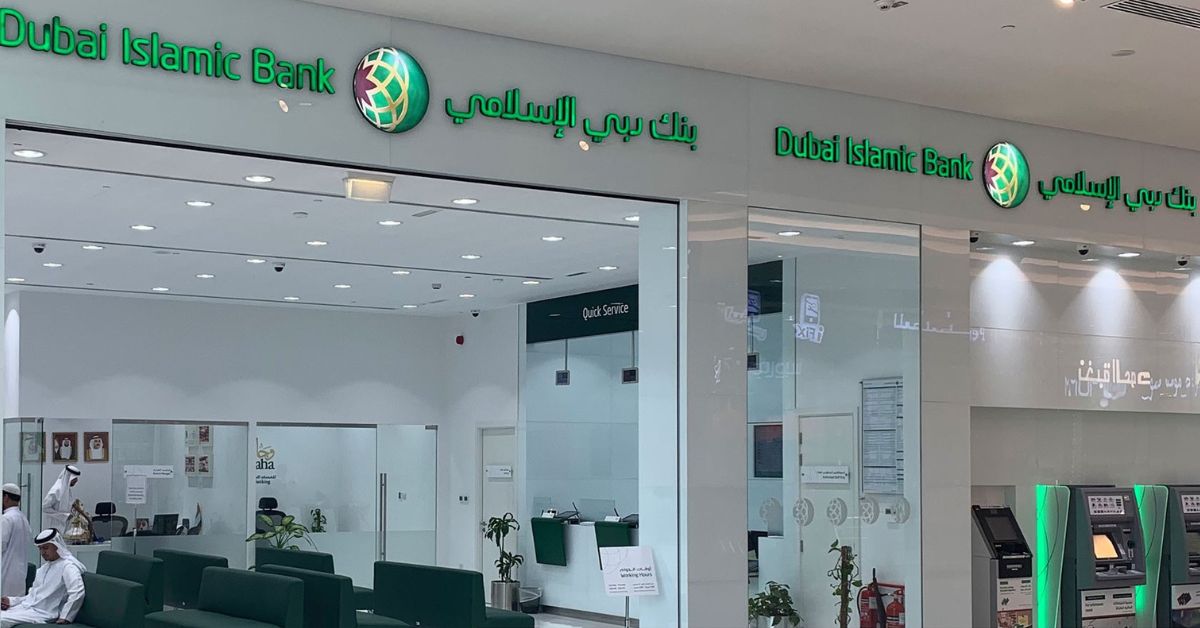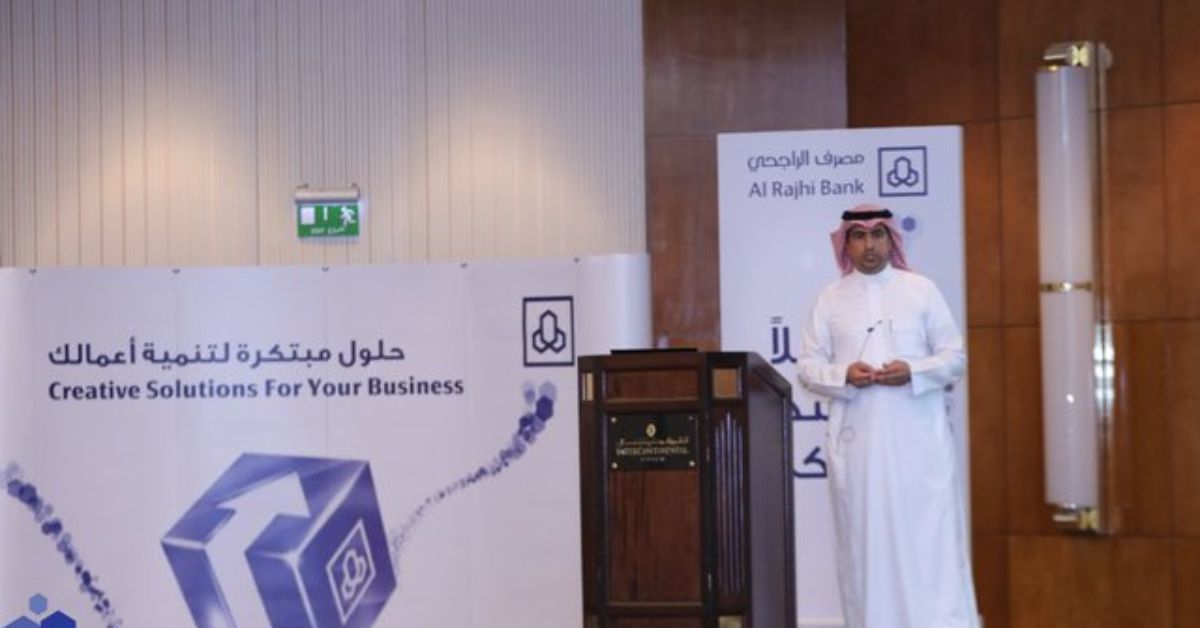KUWAIT CITY — Investment into startups in the Middle East and North Africa (MENA) region took a hit in the first quarter of 2023, with a 20 percent drop in venture capital fund investments compared to the same period last year. This slump, particularly in the initial funding stages, saw investments amounting to just $824 million.
Saudi Arabia managed to secure the lion’s share, receiving 42 percent of the investments during the first quarter, with Egypt and the UAE trailing behind at 34 percent and 20 percent respectively, according to a recent report by the Mojaz platform.
Despite the burgeoning startup ecosystem in the MENA region, questions have been raised about the sustainability of investments and whether banks, amidst a global banking crisis, can continue to support Small and Medium-sized Enterprises (SMEs).
Junaid Ansari, Director of Investment Strategy and Research at Kamco Invest, affirmed the importance of SMEs to the region’s economic success.
“SMEs form the backbone of economic success in the MENA, and the governments are actively supporting small businesses and startups,” he said.
Governments are taking active steps to support these businesses through various channels, including incubators, bank assistance, and special purpose funds. Banks, encouraged by regulators, have taken on the bulk of the risk when lending to SMEs.
“Banks are encouraged to lend to the SMEs, and the bulk of the risk is taken over by the regulators,” said Ansari.

Banks’ actions, Nael Amin, Principal of the Financial Services practice at Arthur D. Little, pointed out, reflect the overall economic landscape of a country. In the GCC and the UAE, regulators are pushing banks to bolster SMEs and help establish their businesses.
“Regulators in the GCC and the UAE, in particular, are pushing banks to support SMEs and establish their businesses. Simply, banks are following the lead and providing the needed investments,” Amin said.
GCC banks are primarily offering specialized services to SMEs such as value-added services, specialized loan structures, and zero credit risk assessments.
“Banks in the region mainly offer specialized services to SMEs, including anatomy marketplace for value-added services, specialized loan structures that consider their growth trajectory, and zero credit risk assessment,” said Amin.
However, traditional banks, in general, have been reticent to invest heavily in funds and entrepreneurs, according to Mazen Salhab, Chief Market Strategist at BD Swiss.
“Banks, mainly the traditional ones, still don’t favor investing much in funds and entrepreneurs,” he said. “For this reason, regional startups rely mostly on VC funds and private equity more than commercial banking and traditional banking.”
As a result, regional startups have been leaning more towards venture capital funds and private equity rather than commercial and traditional banking.
“More banking investments in the startup ecosystem if entrepreneurs prove their growth in the future, especially with the many current risks banks take into consideration; since almost 90 percent of businesses fail and can’t go on for more than five years,” said Salhab.
Despite the lower number of deals – down from 256 in Q1 2022 to 119 in Q1 2023 – and a global slump in startup funding by over half year-on-year to $76 billion, investments in startups in the region have seen an increase of over 80 percent in Q1 2023 compared to Q1 2021.
Saudi Arabia, in particular, has seen a surge in startup investments, with $359 million invested in Q1 2023, an 81 percent increase over the same period last year. This was led by two deals each worth over $100 million, contributing 44 percent of the total capital pumped by venture capital firms in the region during the first three months of the year.
Most of these investments came from 41 investors, predominantly local, and were directed towards e-commerce startups, which ranked first in terms of financing and the number of deals in Saudi Arabia in the first quarter of the year. These startups form part of the small and medium-sized enterprises supported by Saudi Arabia’s Vision 2030 initiative.








